An Encounter With The Ultimate Opponent, Time
A meditation on time, on how we define it, divide it, work with and against it, but can never truly hope to beat it.
Time and Metaphor
"Why, day is day, night night, and time is time," said Polonius, in Shakespeare's Hamlet.
Down through the ages, many metaphors have been expended in an attempt to explain time; a lengthening shadow, an uncoiling spring, an unraveling ball of twine.
However, not one of these or all of them together can explain what time actually is. Andrew Perry's What is Time? is perhaps the best of all the scientific explanations that I have read, but for most of us, time is only a perception, an awareness that life is passing by.
If only I had more time, we often wistfully say - but no amount of wishing or willing has succeeded in creating or destroying the minutest fraction of a second.
Measuring Time
Time is an immutable bastion of democracy, the ultimate leveller. We, each and every one of us, live in the same system of time; the twenty-four hour clock, the seven-day week, and so on. Our time is dictated by the spin of the earth and no-one alive, pauper or millionaire, can buck this system.
Scientists have theorized about time travel, but no-one has yet succeeded in travelling forwards or backwards through time. In popular science fiction, most notably the BBC television series, Dr Who, the Time Lord is the only one who has this ability. The majority of us can only ever hope to measure time.
Time as Currency
Time pieces come in an extraordinary variety; notched candles, sundials, hourglasses, watches, pendulums, spring clocks, quartz clocks, digital devices on computers and on mobile phones.
We talk endlessly about time. We spend time completing a task. We kill time doing nothing.
There is no doubt about it; time is currency. We buy into time management systems, and reassure ourselves that we are in control of time, but of course, we are not.
In reality, the important man is the one who is in charge of how he spends his time. In short, time is political.
Passing Time
Time passes away, regardless of how we spend it or, rather, we pass away in time. Man has never succeeded in subjugating time. It is our lord and master, compelling us to daily homage. We are so subject to the dictates of time that criminals are often punished by being made to serve time.
From this point of view, Time would seem to be our enemy. He is not kind to our complexions, certainly, but with acquaintance on the right footing, he can actually be our friend. According to Augustine of Hippo, "Time is nothing but a stretching out in length."
Give Me Time!
This fifth-century saint, sage and philosopher knew then what astrophysicists, mathematicians and other scientists have discovered since, that time was an essential ingredient in the creation of the universe.
Nothing has ever been created that has not been made with time. We grow physically with time. We grow in knowledge and wisdom over time.
"O Time, thou must untangle this, not I. It is too hard a knot for me to untie," cries Viola, in Shakespeare's Twelfth Night.
The Bard's pun on the word "not" was intended to draw laughter, but his meaning is clear: many matters will only be resolved in time, that instant and magical transformations happen only in fairytales.
Time and Fiction
Inevitably, the subject of time has crept into fiction. Perhaps the most prescient novel on the subject was Alice's Adventures in Wonderland, by Lewis Carroll. He was actually Reverend Charles Dodgson, Oxford mathematician and clergyman.
Dodgson's inspiration to write the story came from summer afternoon's spent by the river with his friend, Henry Liddell, and Liddell's three daughters, Lorina, Edith and Alice. In the story, Alice is half-asleep by the river, lying beside her sister who is reading a book.
The bored young girl sees a white rabbit scurrying by, and follows him.
Into Wonderland
He is no ordinary rabbit, but is wearing a waistcoat and takes a watch out of his pocket. Alice falls down a hole after him - and arrives in Wonderland.
Here, the accepted rules of this world are subverted. In addition to the entourage of talking animals and fairy-tale characters that Alice encounters, she has to deal with objects - including herself - suddenly growing and shrinking in size, appearing and disappearing, and transforming - the magical transformations of the fairy tale.
Seeing the Future?
To me, the most significant pointer to this mysterious world is the white rabbit's preoccupation with his watch.
Was the mathematical mind of Dodgson playing with the possibility that, one day, given greater scientific advances, it would be possible to travel swiftly through space, and otherwise subvert the known laws of nature and time?
Significantly, HG Wells published The Time Machine in 1895, only three decades after the publication of Alice. By the early 1900s, a young Swiss patent-office clerk was formulating his theories on time and relativity.
The rest is history.
REFERENCES / CITATIONS
Lewis Carroll - Alice's Adventures in Wonderland
William Shakespeare - Hamlet
William Shakespeare - Twelfth Night
Jay Griffiths - Pip Pip: A Sideways Look at Time
Thomas Meutner - The Penguin Dictionary of Philosophy
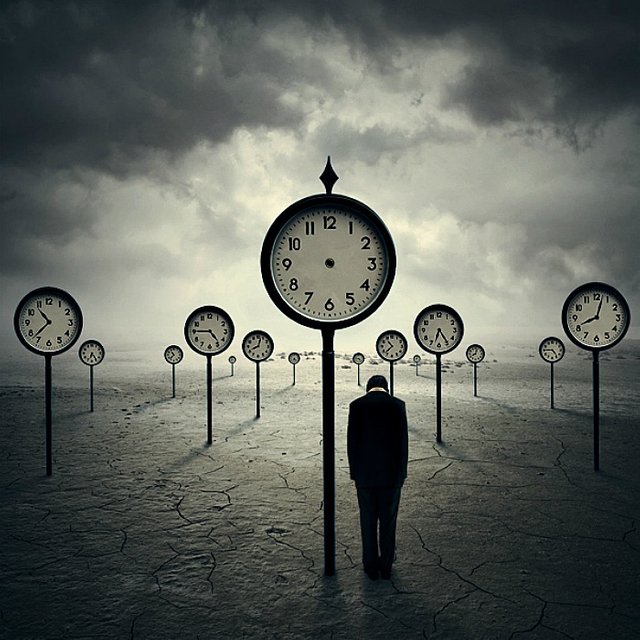
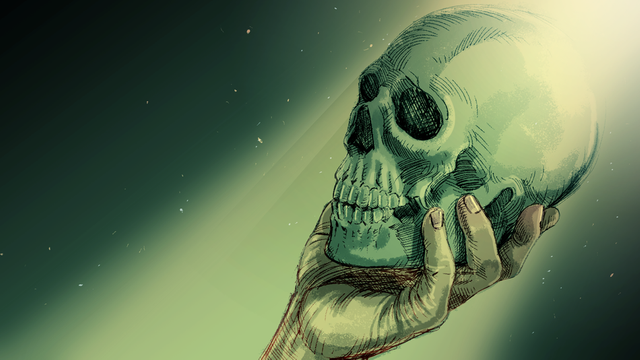
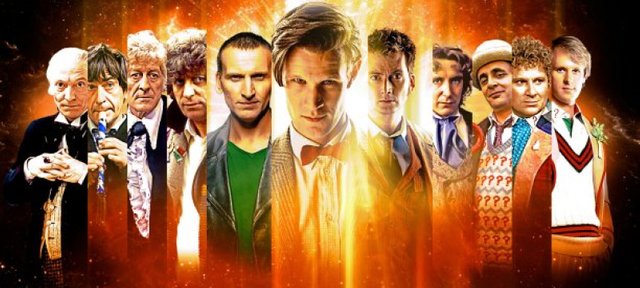

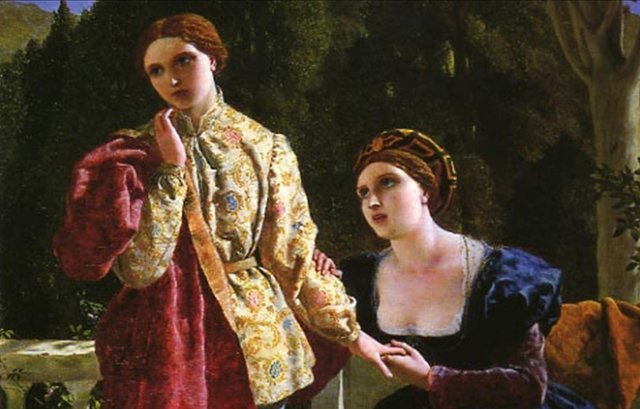

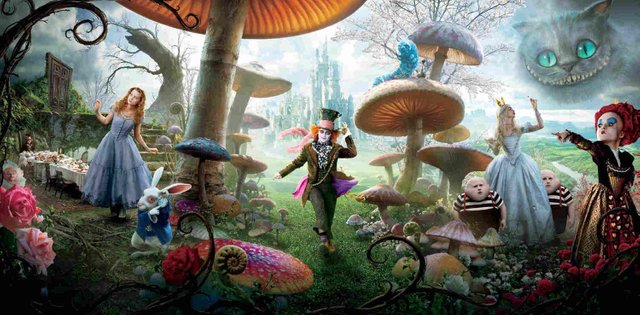
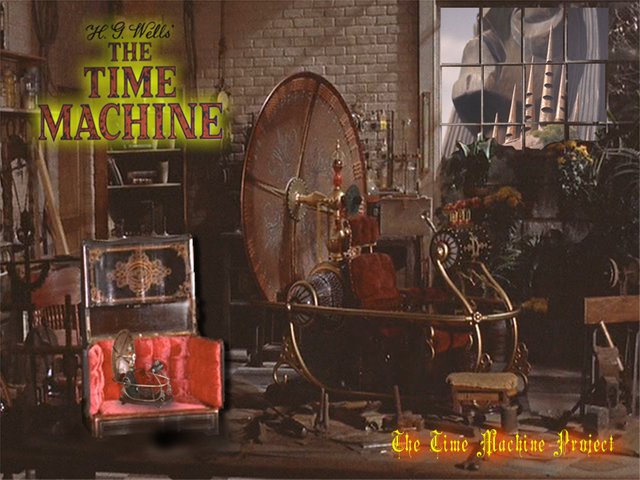
Hi allhailthequeen,
LEARN MORE: Join Curie on Discord chat and check the pinned notes (pushpin icon, upper right) for Curie Whitepaper, FAQ and most recent guidelines.